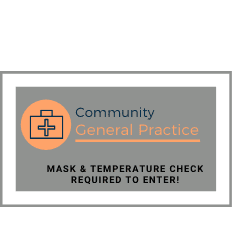Cancer Diagnoses Declining as COVID-19 Fears Rise
Generally, to find cancer diagnoses declining would be good news, but this decline is due to fewer people willing to risk COVID-19 for a doctor visit. Six common cancers and their diagnoses were studied: breast, colorectal, lung, pancreatic, gastric and esophageal. A 46% decrease was found between March 1 and April 18 – the same time …

